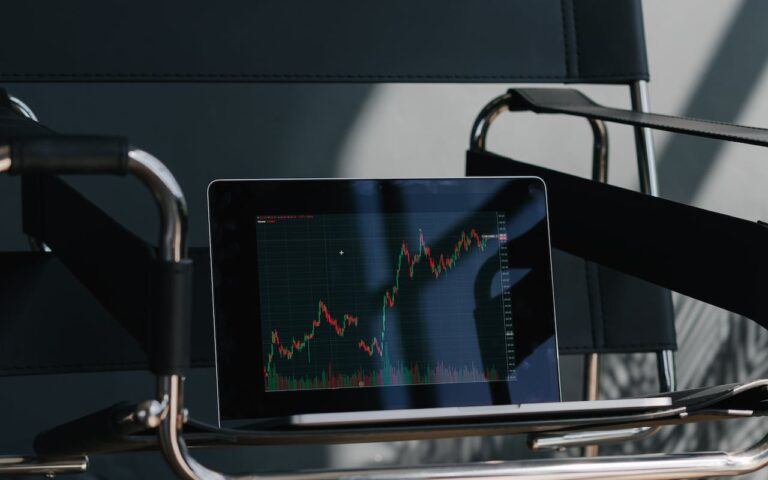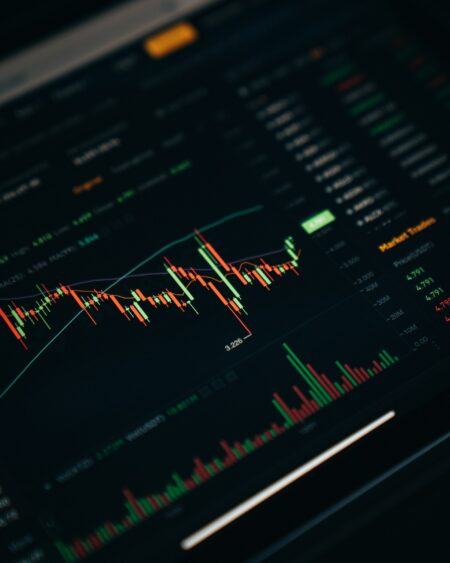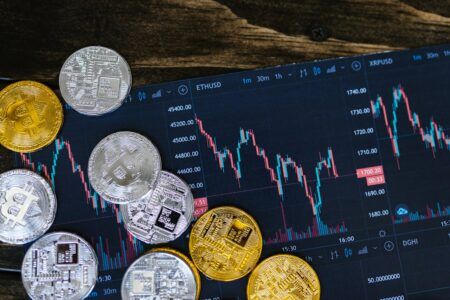Leading decentralized cryptocurrency exchange Uniswap, has crossed a significant threshold, surpassing $2 trillion in total trading volume five and a half years after it was first launched back in November 2018
The milestone, first reported by Cointelegraph, according to data tracked by a Dune Analytics dashboard compiled by Uniswap’s own Zach Wong, came after trading volume on the exchange started exploding back in 2020.

Uniswap Labs, the platform’s developer, announced the impending achievement on April 4th, anticipating it to occur within the next 24 hours. The official confirmation arrived on April 5 at approximately 11:55 am UTC.
The trading volume figure encompasses transactions across various blockchains supported by Uniswap, including Ethereum, Polygon, Base, BNB Chain, and Avalanche. The decentralized exchange is currently live on nine different blockchains.
It took 42 months for Uniswap to reach the first trillion mark in May 2022 and despite facing intensifying competition from other decentralized exchanges that included vampire attacks, Uniswap achieved the second trillion mark in less than two years.
Decentralized exchanges, unlike centralized trading platforms, do not rely on orderbooks and instead use liquidity pools.
These pools are made of two or more tokens supplied by liquidity providers, and are used to settle trades, with the prices of tokens within them being determined through the use of blockchain oracles.
Those who provide liquidity to the pools will receive revenue every time a trade is conducted using that pool, but the revenue comes with the risk of impermanent loss. Impermanent loss occurs when price fluctuations alter the ratio of the tokens within the pool, meaning token providers could be better off if they simply held the tokens in their wallets.
The loss is considered to be impermanent because the ratio of tokens can be restored, in which case the token provider would be gaining the fees collected over time.
Uniswap’s major milestone comes at a time in which its native $UNI token trades at around $10.8 after losing over 17% of its value over the last 30-day period. UNI saw its price surge earlier this year on a proposal to reward staked holders.
Featured image via Pexels.









